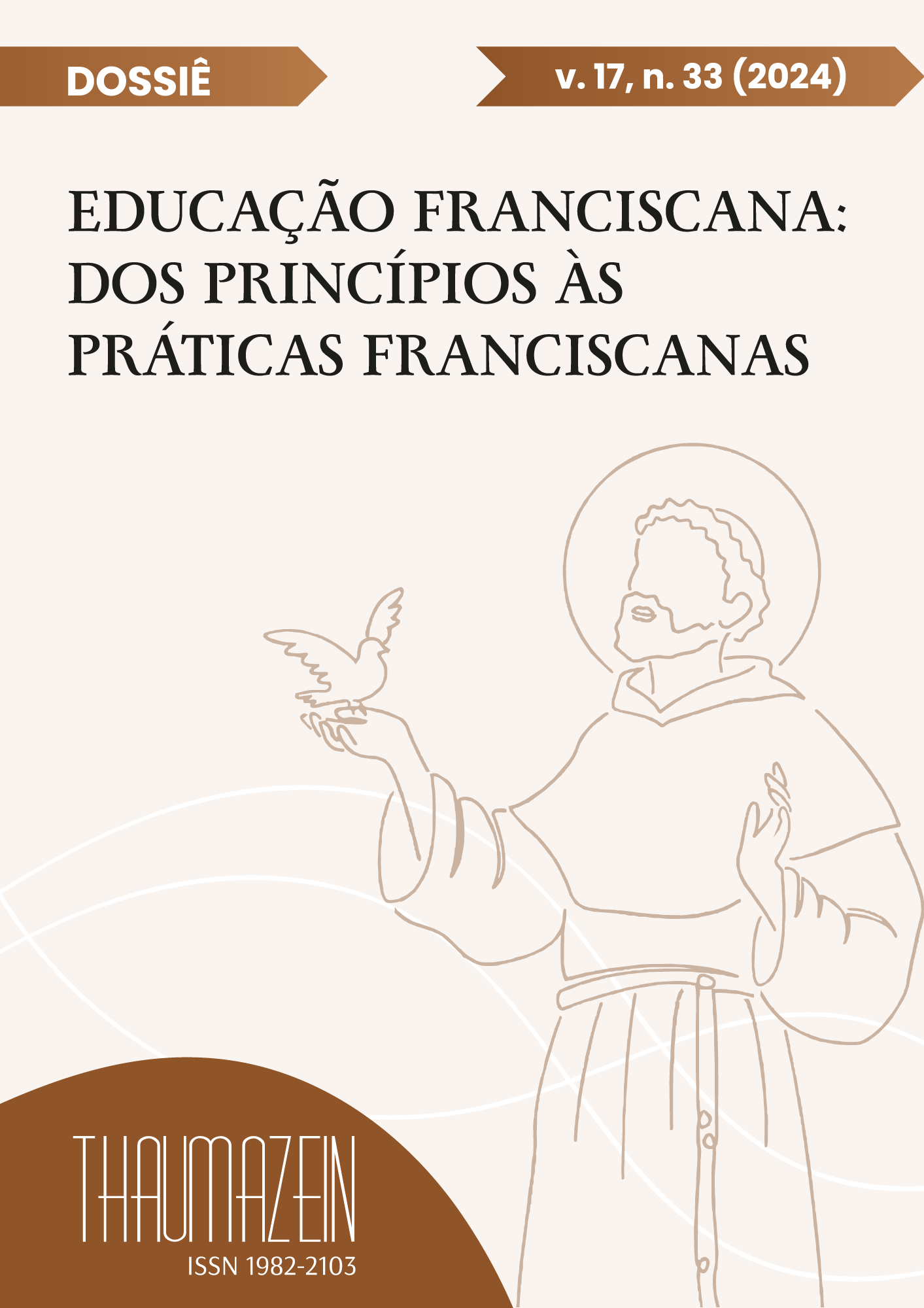VULNERABILIDADE E EMANICIPAÇÃO SOCIOCULTURAL DE POVOS INDÍGENAS: PERCURSO DE UMA PESQUISA-AÇÃO COLABORATIVA
DOI:
https://doi.org/10.37782/thaumazein.v17i33.4964Palavras-chave:
Pesquisa-ação, Educação emancipatória, Interculturalidade, Inclusão socialResumo
O artigo apresenta as fases de construção e de estruturação de um projeto de pesquisa-ação, que envolve populações indígenas, aprovado pelo Programa de Desenvolvimento Acadêmico Abdias Nascimento. A proposta visa fomentar a cooperação nacional e internacional, voltadas à educação emancipatória e intercultural e à promoção da igualdade racial e inclusão, com foco na vulnerabilidade social e valorização das especificidades socioculturais e linguísticas das populações indígenas. Intenciona-se analisar a relação entre as práticas tradicionais de cuidado no ciclo gravídico-puerperal de mulheres indígenas e as condutas adotadas nos diferentes níveis de atenção à saúde; identificar determinantes sociais da mortalidade materna e infantil indígena; validar tecnologias educacionais socioculturais simples e digitais; e fornecer evidências para a formulação de políticas públicas inclusivas e afirmativas que contribuam para a redução da morbimortalidade materna e infantil indígena. Metodologicamente, trata-se de uma pesquisa-ação, de cunho colaborativo, com características de tecnologia social que busca aproximar o pesquisador dos participantes e do objeto de investigação, produzindo conhecimentos por meio da participação ativa dos pesquisadores na investigação e intervenção. Portanto, esse ensaio mostra o potencial do presente projeto de pesquisa, que é fomentar a discussão e o desenvolvimento de ações que promovam inclusão social e educação emancipatória de povos indígenas.
Downloads
Publicado
Como Citar
Edição
Seção
Licença
A submissão de originais para este periódico implica na transferência, pelos autores, dos direitos de publicação impressa e digital. Os direitos autorais para os artigos publicados são do autor, com direitos do periódico sobre a primeira publicação. Os autores somente poderão utilizar os mesmos resultados em outras publicações indicando claramente este periódico como o meio da publicação original. Em virtude de sermos um periódico de acesso aberto, permite-se o uso gratuito dos artigos em aplicações educacionais e científicas desde que citada a fonte conforme a licença CC-BY da Creative Commons.  Creative Commons Atribuição 4.0 Internacional.
Creative Commons Atribuição 4.0 Internacional.











